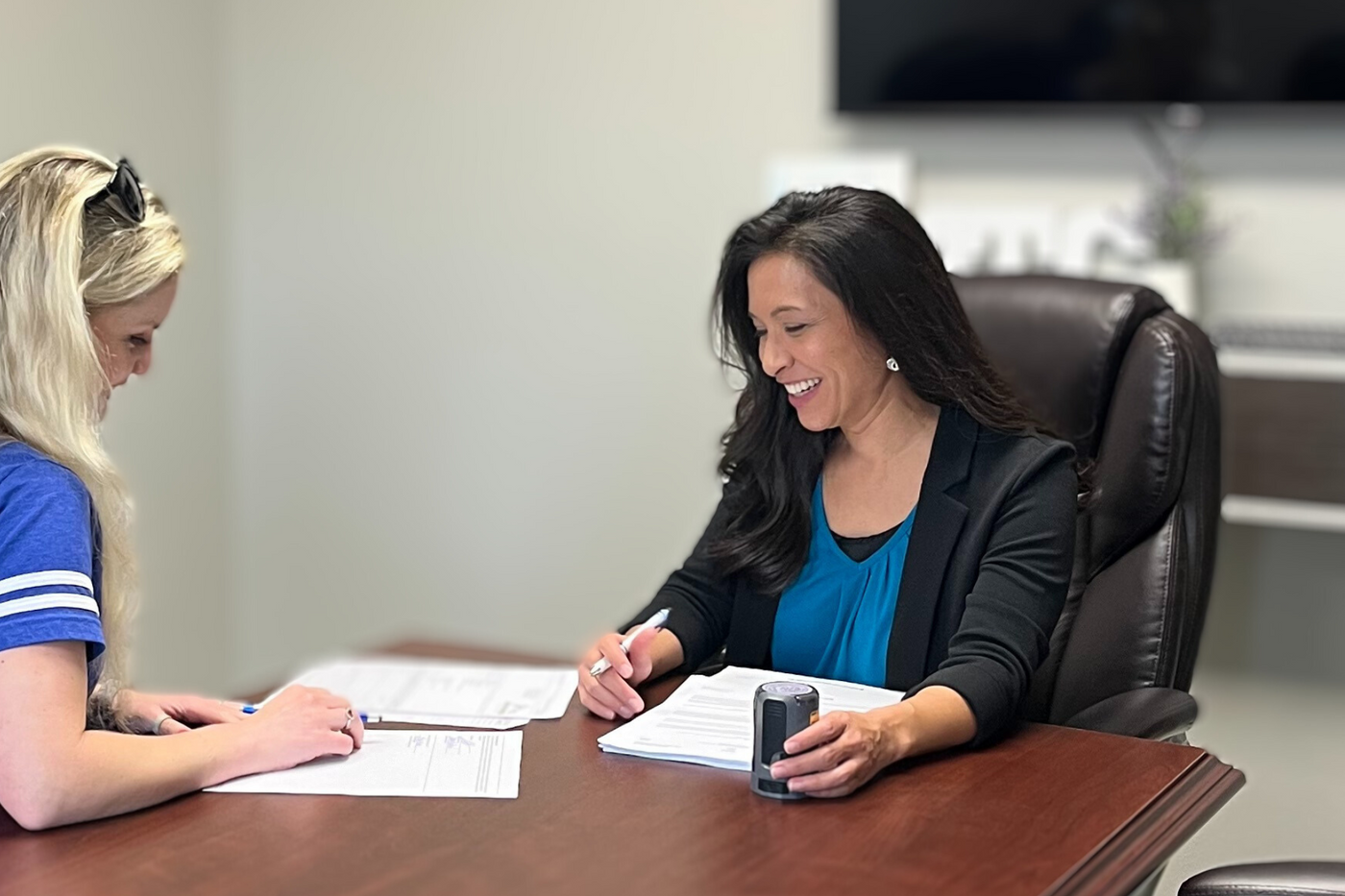Closing day is the pinnacle of a real estate transaction, the moment everyone’s hard work has been leading to: The successful transfer of ownership of a property. Whether you are purchasing your first home or selling one of your investment properties, understanding what to expect on this day can help alleviate stress. Rest assured, the lender (if applicable), title company, and real estate agents involved have been working diligently to handle all of the behind-the-scenes work in order to facilitate a smooth closing with no surprises.
Laying the Groundwork
By the time you gather at the closing table — usually at the title company’s office — several milestones have already occurred, setting the stage for a successful closing:
- If applicable, the buyer has secured financing and received a Closing Disclosure outlining the final financial details (loan terms, closing costs, etc.). Buyers must receive this at least three business days before closing.
- The title company has conducted a thorough title search to verify the property’s legal ownership and ensure it’s free of any outstanding liens, encumbrances, or claims. Based on the title search, the title company has prepared a title insurance policy to protect the buyer and the lender against future title defects.
- The buyer has likely completed a final walkthrough of the property and confirmed that any requested repairs have been completed. This is the final opportunity to confirm that the property is in the agreed-upon condition.
- Both buyer and seller, along with their respective agents, have confirmed the closing date and that all contingencies have been lifted.
Closing Day Step-By-Step
The buyer and the seller will attend their scheduled closing day appointment, which is overseen by the closing agent, who is often a representative from the title company (or possibly a real estate attorney). The process typically takes around an hour, though it can vary based on individual circumstances. Here’s a general overview of what to expect:
- 1. Review Documents: The closing agent carefully reviews the documents with everyone present. This is your opportunity to ask any questions and ensure you fully understand each item.
- 2. Sign Paperwork:
- The buyer will sign numerous loan documents, including the note and the deed of trust or mortgage. Closing paperwork also includes the settlement statement, which itemizes all the financial details of the transaction.
- The seller will primarily sign the deed, which is the legal document that officially transfers ownership of the property to the buyer.
3. Transfer Funds: Per the Closing Disclosure, the buyer makes a payment for the amount owed for the down payment and applicable closing costs. This is typically paid with a cashier’s check or wire transfer which has been arranged with the financial institution prior to closing. In some cases, the seller may have to make a payment, for example, if there is an outstanding lien.
4. Official Transfer: With the paperwork signed and funds transferred, the closing agent officially transfers ownership of the property by recording the new deed with the county where the property is located. This legally and publicly establishes the buyer as the new owner.
5. Final Steps: The buyer—now the proud owner—receives the keys to the property, and both buyer and seller receive a set of copies of the signed documents.
To ensure a seamless closing appointment, review these steps as well as all of the documentation you’ve received to prepare for closing. Remember that your real estate team is here to help you through the process, so don’t hesitate to ask questions at any point during the process.
At Attorney’s Title Group, our team always aims to provide our customers with a smooth and stress-free closing experience. We’ll help you confidently navigate the closing process and celebrate the successful completion of your real estate transaction. Click here to view our locations and get in touch with the ATG closing office nearest you!

